Razib has an excellent post about the genetic history of China up on gnxp.nofe. Worth a read.
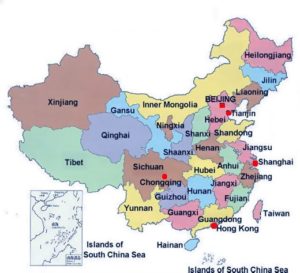
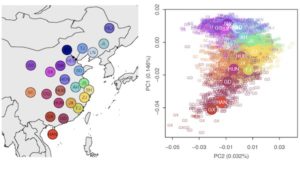
Of course, unlike India, China is dominated by one ethnic group with clear genetic and cultural identity and has a long history of political unity (even though interspersed with recurrent civil wars and invasions), so there is relatively little fear of population genetics and its findings.. let the chips fall where they may, we know who is boss.. (I admit that I may not be aware of lower level Chinese debates about ancestry, where some people may indeed get hot and bothered about genetic results, but the point is that it is still not a hot-potato in the way population genetics is in India).
For background on the Indian debates, see Razib’s article here and my own (less genetics, more politics) article here.
By the way, the comments and answers on Razib’s article are very sane and add value. Please do read.
Anyway, on to something less sane. I suspect the following discussion and questions will be misinterpreted by lots of people, but you won’t learn unless you ask, so I want to get into a tangential issue. One reason Indian population genetics is so contentious is because Indian history itself is in a far more contentious phase than is the world of Chinese history. Of course, as in any society, there are many interpretations and arguments about Chinese history too, but the mainstream narrative is not controversial in the way major events in Indian history are sources of high-level and very sharp-edged debate (at least, this is not the case any more in China,after the demise of Maoism. In Maoist times, obscure events like a play about an upright Ming dynasty official could be used to start the fire of the Cultural Revolution, so yes, they have had their period of “politics in command“, but it was more of an aberration, and a relatively brief one).
A few years ago, my contention may have seemed strange to many people (maybe it still does to some), who would have said that the mainstream view of the events of Indian history is pretty well established; the outliers are extreme Hindutvadi elements and “nobody takes them seriously”. But Indian politics has changed in the last 20 years or so (and is changing faster now), so “fringe Hindutvadi views” are no longer that far on the fringe. My friends in the progressive community are still completely confident that their version of history is the correct version (and why not, I mean, why would they not be confident?) and will prevail, but I think their confidence is misplaced. On some issues, the progressive consensus is on shaky ground. For example:
- Hinduism and its relatively ancient provenance and continuity as a pan-Indian tradition will become hard to deny. This will not mean that the world will accept some fringe Hindutvadi version, but that some elements of the currently dominant academic view will be subtly or not-so-subtly altered. The facts will not change by much, but the presentation will change. As a random example, articles like this (about Shiva) will move from “Right wing polemic” to mainstream. This WILL be resisted, but the resistance will become as identifiably “communal” as the current Hindutvadi propaganda effort is. What does that mean? that means it will no longer be “above the fray” and mainstream, it will be one group (Marxists, or Muslims, or Western progressive scholars) versus another group. The interesting question (for me) is this: When the spiral completes its turn and a new consensus evolves, what will that consensus look like? Will it be an Indian consensus that accommodates (and is acceptable to) centrists in all major Indian groups (Hindus, Muslims, Westernized liberals, Marxists, Whatever)? or will we fight it out and one group will win? (and which group will that be?).
- Turkic Muslim invasions as a period of violent colonization and disruption will become the default view. I think this one will actually be less of a problem than the one about defining Hinduism. But in terms of popular/schooltextbook Indian history, this too will be a significant shift. The outlier possibility here (continuing with the question I asked above in point 1) is this: if the next synthesis is not inclusive co-existence, but is civil war followed by one victor, what if that victor is Muslims? I assume in that case we will frame the invasions very differently? (though I would add that we may still frame them as violent conquest rather than peaceful sufi conversion; Islamicate history may not be shy about military conquest; that shyness is itself part of the current multiculti consensus, not a MUSLIM consensus).
Have at it..
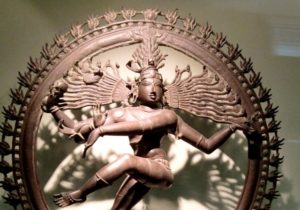
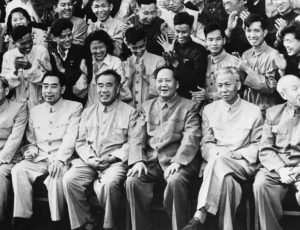
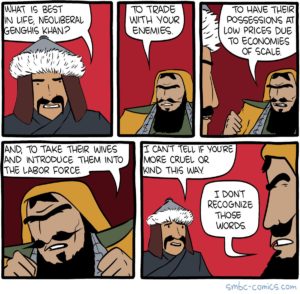
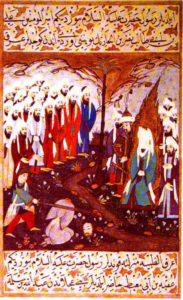


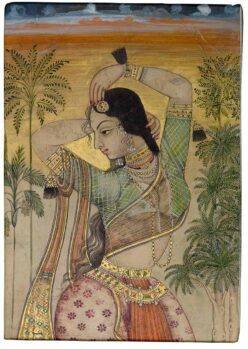
chinese will probably delay deep analysis of xinjiang mummies (preliminary has been done).
I have recently started following your and Razib’s work. Also liked your article hyperlinked
http://www.brownpundits.com/2017/06/29/aryan-migration-and-its-discontents/
To add one other reason why this native vs foreigner (between Left and Right) will go on is illustrated by a fine Pakistani writer Haroon Khalid here .
https://scroll.in/article/814561/the-paradox-of-pakistani-identity-and-its-indian-heritage
“Premised upon its opposition to Hindu India, the Pakistani historiography has had a tough time dealing with the Indus valley civilisation, the cradle of the Indian civilisation.
The Aryan invasion theory was convenient as it implied that the present day Indian culture is a product of the invading Aryan forces, who destroyed the cities of Indus valley civilisation and gave birth to a new civilisation which came to be known as the Ganges Civilisation.
Whereas earlier only the Muslims were seen as invaders, and hence outsiders, this theory also described the Aryans as colonisers damaging their claim that they are the original inhabitants of this land.”
That’s why the Left will never give up on Aryan Migration/Invasion etc while for the Right its imperative they hold on to the native status irrespective of the evidence. At the end of the day the reason for their views are political and not necessarily in search of the truth.
I have always maintained that two sets of history be taught. One on the political right, the other on the political left. Two set of history institutions; one run by the government the other by the leader of the opposition.
Let us say the Congress party and left are in power in India, let them run the JNU. Create another university for the leader of the opposition (say BJP) to run the contrarian view.
If the Congress looses power to BJP, it still retains the JNU.